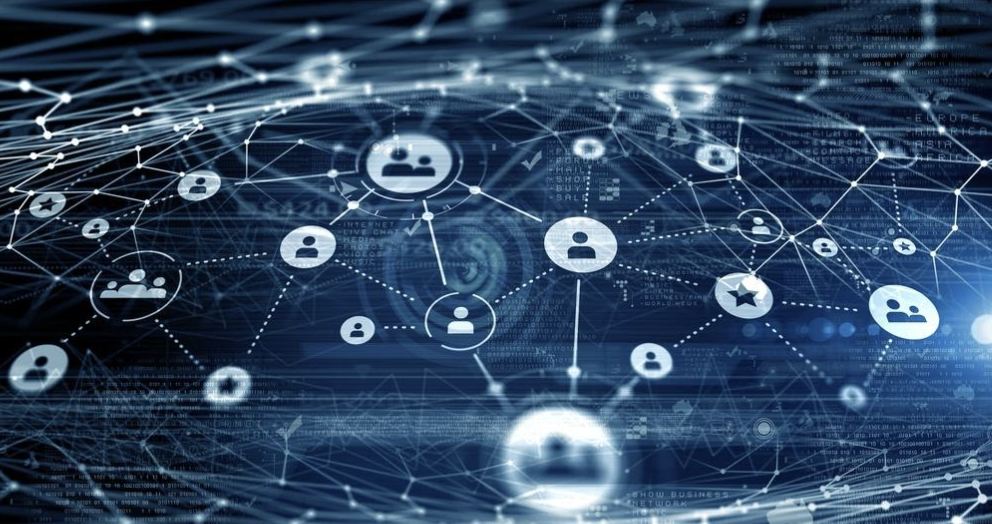Wondering what is the most effective way to collaborate online on a global scale? The answer is undoubtedly via a Decentralised Autonomous Organization (DAO).
New York Times bestselling author, founder and president of Starfish leadership, and entrepreneur Ori Brafman has given numerous lectures at Microsoft, Stanford Business School and Harvard Business School. His book, The Starfish and the Spider: The Unstoppable Power of Leaderless Organizations, explores the differences between centralized and decentralized organizations. Centralized organizations are like spiders, while decentralized organizations are like starfish. A spider is a (centralized) cellular organism, and it will not survive if its core is destroyed. Starfish are very different. Even if you cut them open or tear them apart, they will still survive, and the missing part will even grow back eventually.
Starfish and spiders are akin to two completely different types of enterprises, whose fundamental difference lies in decentralization. If their upper management is compromised, “spider” enterprises will usually be crippled in terms of managerial decisions, and their operations may even shut down completely. In contrast, “starfish” enterprises can still operate as per normal even if a department is affected, since they work independently from one another. In this case, a “starfish” enterprise would undeniably be more resilient as compared to a “spider” organization.
In a DAO, all of its management rules are encoded in the form of smart contract on the blockchain, and they can operate independently regardless of any intervention by a third-party, or any other emergencies. By using smart contract and cryptocurrencies, DAOs can function autonomously to achieve the best possible results for the entire organization. All major decisions about the organization must be voted upon by its members, which would ensure that each member plays a part in the decision process.
HyperDAO Leads a New Model of Organizational Collaboration
In 2022, as the global COVID-19 outbreak continues, traditional work culture has been radically transformed, with phrases such as "work from home" and "remote working" coming into the forefront. As an autonomous organization that allows global community users to participate in its operations remotely, HyperDAO is bound to be a trendsetter for organizational collaboration in the new era.
HyperDAO uses smart contracts to achieve independent and autonomous community governance, skillfully utilizing the technical capabilities of blockchain technology while effectively overcoming the shortfalls of traditional organizations.
1. Decentralization
In HyperDAO, there is no centralized or hierarchical management structure. Members manage the nodes within the network, and they are all equal regardless of their duties or role. This is an ideal management style where everyone works together for the benefit of the entire HyperDAO organization. Information is shared freely within HyperDAO, and by brainstorming as a group, multiple solutions can be found for a single problem, which would give the organization the flexibility and creativity it needs to thrive.
2. Autonomy
HyperDAO operates according to a strict principle: code is law. The organization is no longer top-heavy, but distributes power and responsibility throughout the entire organization. The project is now decentralized and jointly managed by the community in an autonomous fashion.
3. Order
HyperDAO relies on smart contracts to define its operational model, the roles and responsibilities of its members, its incentive model, and more. All of these are listed on-chain in a transparent and open manner, and can be automatically executed once the conditions are met. This means that the organization would incur less manpower costs or fees as a whole. Information can now be consolidated and evaluated together, which would aid in the sustainable development of the entire HyperDAO organization.
4. Digitalization and Tokenization
As an important incentive method in the DAO governance process, tokens are used to incentivize various elements of the organization (such as people, information, events, products, etc.). Resources can now be consolidated and efficiently integrated into HyperDAO’s day-to-day operations, so that it can grow in a sustainable manner. Tokenization allows for a meritocratic style of competition, which would help HyperDAO attract capable members to join its fray, and ensure that its community can grow at an accelerated rate.
As the newest infrastructure for Web 3.0, and a multi-chain decentralized autonomous organization, HyperDAO is committed to creating an efficient, transparent and ambitious DeFi ecosystem.
Twitter: https://twitter.com/Hdao_Official/
Telegram: https://t.me/HyperDAO
Media Contact
Company Name: HyperDAO
Contact Person: Media Relations
Email:Send Email
Country: Australia
Website: http://hyperdao.com/

